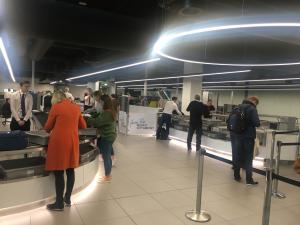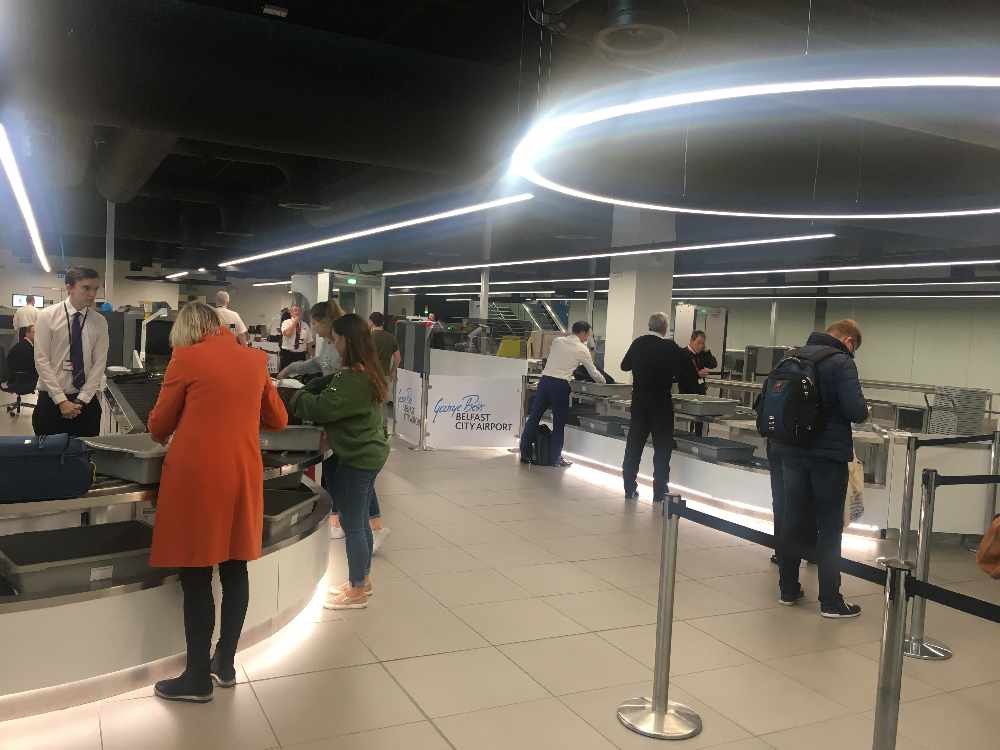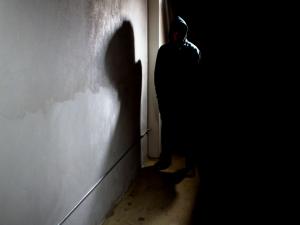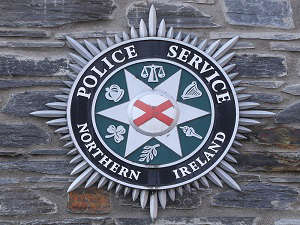
By Michael McHugh
Airport security queues could be slashed following research carried out by Queen's University.
The time taken to process data through scanners may be cut from 10 seconds to less than a tenth of a second.
Academics in Northern Ireland hope to make it harder to smuggle weaponry as part of research funded by a £1 million grant.
Dr Okan Yurduseven, of Queen's University, said: "When we arrive at the airport, everyone has to go through security clearance and body scanners which can take some time.
"When we walk through the scanner, it can take around 10 seconds to collect and process the data and reconstruct an image.
"It takes even more when the data is sent to a controller, who then manually checks it for illegal items. It can also add extra time when there are false alarms.
"While this may not sound like very long, we have to take into account the huge volume of people filtering through airport security every day, and this causes huge queues.
"More worrying is that the current system has been investigated and issues have been raised in terms of how many illegal items could go unnoticed."

The security scanners are used at airports, as well as railway stations, schools and large events such as concerts.
In 2015, an internal investigation of the Transportation Security Administration in the US revealed that undercover investigators were able to smuggle mock explosives or banned weapons through checkpoints in 95% of trials.
Since then, Dr Yurduseven has been determined to develop a more effective solution which would also cut waiting times.
He added: "This Leverhulme Research Leadership Award will allow us to create technology that is fully electronic, rather than manually operated, and this will allow the scanners to process the images in real time - we think the entire scan process should be complete in less than a tenth of a second.
"By integrating machine learning into the design process, we will substantially reduce the false alarm rates in detecting threat objects. The outcome of this project will be of vital importance to ensure the safety of the public right across the globe."
They will use state-of-the-art millimetre-wave radar systems.
The academic added: "We expect that the end result will be a much more effective system, leading to safer outcomes and reduced waiting times - so hopefully shorter queues at airports and other venues that use these scanners."


 Robin Swann votes against budget and warns it could see health services collapse
Robin Swann votes against budget and warns it could see health services collapse
 Trial ends after man accused of murder of young showjumper is found dead
Trial ends after man accused of murder of young showjumper is found dead
 A brief hearing and chaotic scenes as Donaldson makes first court appearance
A brief hearing and chaotic scenes as Donaldson makes first court appearance
 More than 300 arrested for suspected stalking in Northern Ireland in two years
More than 300 arrested for suspected stalking in Northern Ireland in two years
 Three people in hospital following road accident near Ballygawley
Three people in hospital following road accident near Ballygawley